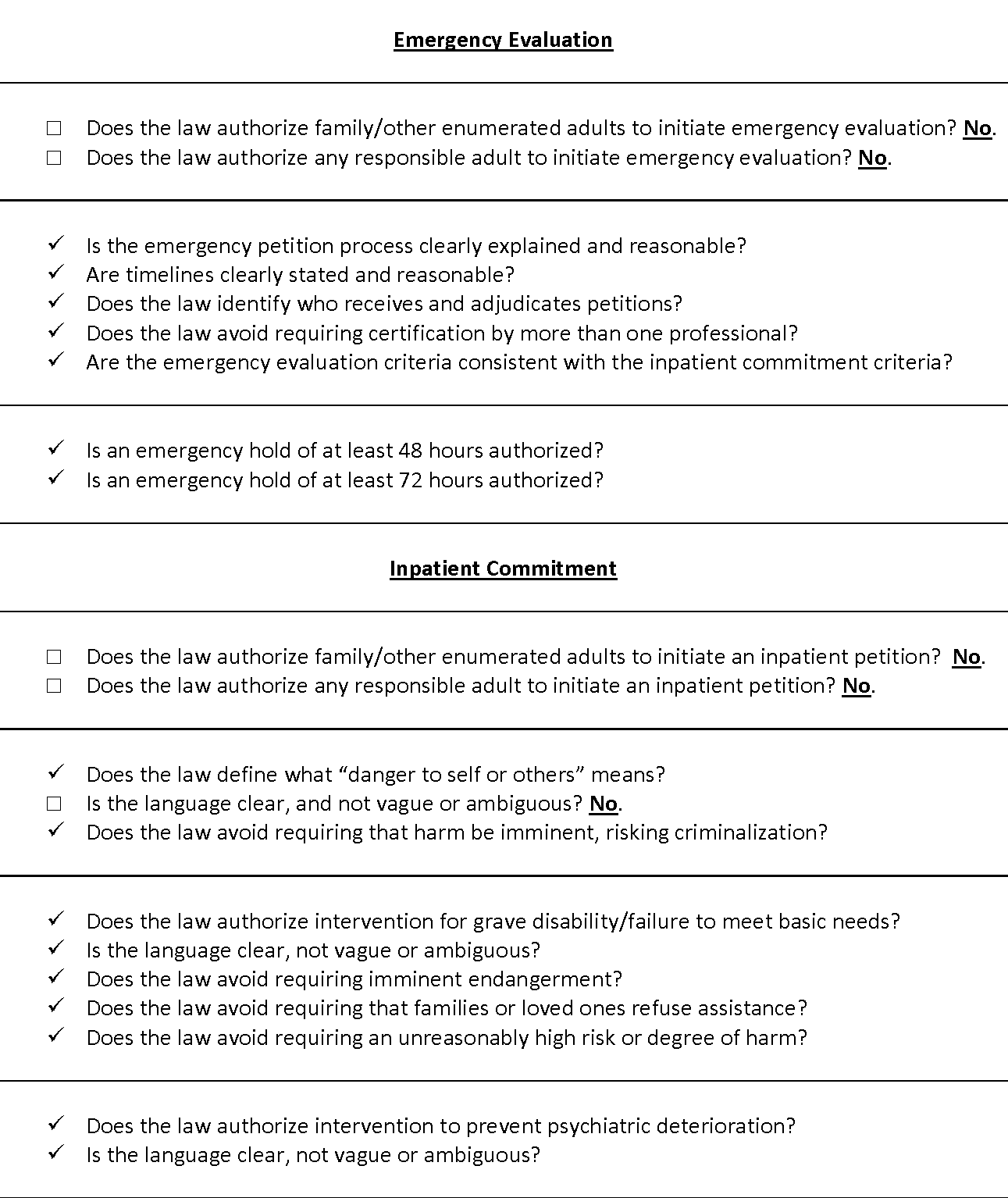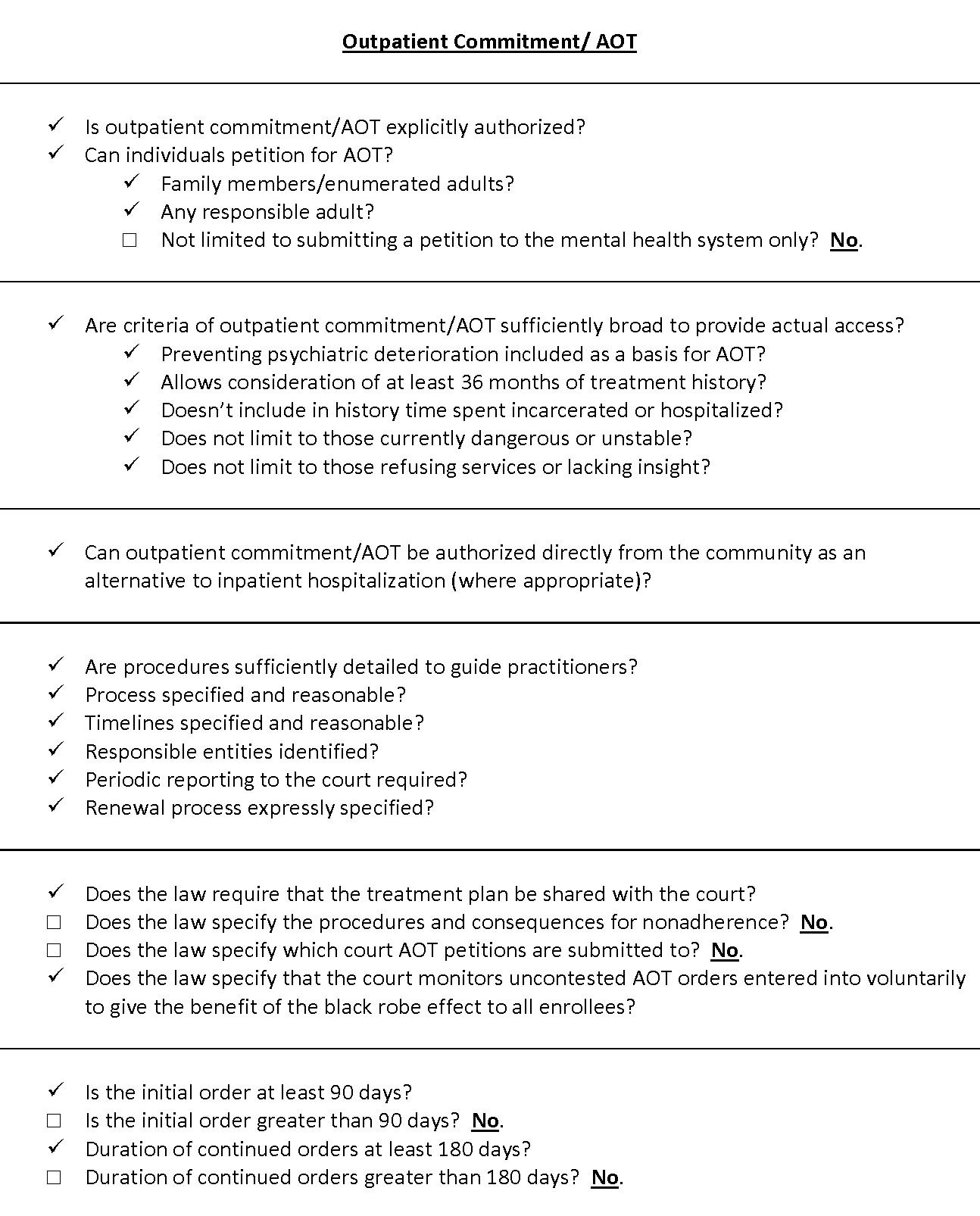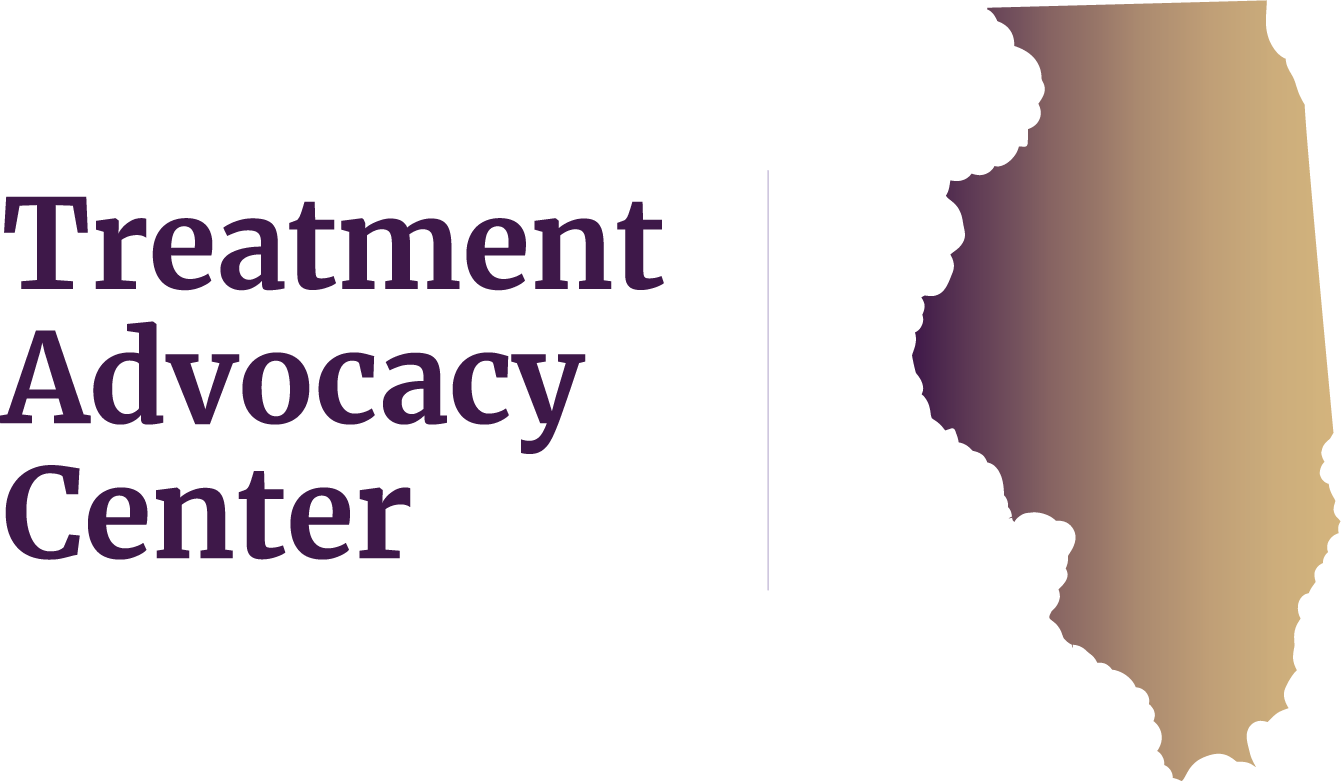Family Resources in Resources in Illinois
- Illinois Department of Human Services (dhs.state.il.us) Resources and contacts
- Mental Health Resources in Illinois (rtor.org) Nonprofit provides an online form for personalized assistance from a resource specialist
- Mental Health America of Illinois (mhai.org) Nonprofit provides resources for advocacy, learning, and crisis preparedness
- Illinois Mental Health and Crisis Resources (illinoiswontbesilent.com) List of behavioral health facilities by county
- NAMI Illinois (namiillinois.org) Support groups, training, information
- Office of the Illinois Attorney General (illinoisattorneygeneral.gov) Protection and advocacy for individuals with disabilities
- Housing, Shelter & Homelessness Resources (dhs.state.il.us) Housing programs and shelters by county
- Illinois Individual in Custody Search (illinois.gov) Find inmate by name or IDOC number
- Illinois State Bar Association (isba.org) Legal Assistance
- (isba.org) (isba.org) Legal Assistance
How many people in Illinois have SMI?
individuals with severe mental illness.
individuals with SMI who receive treatment in a given year.
of the adult population is estimated living with a SMI in the United States.
State psychiatric hospital beds in Illinois
2023 total beds: 1,359
- Civil beds: 407
- Forensic beds: 952
2023 beds per 100,000 people: 10.8
Click here for more information about state psychiatric hospital beds in Illinois.
A minimum of 50 beds per 100,000 people is considered necessary to provide minimally adequate treatment for individuals with severe mental illness. Illinois fails to meet this minimum standard.
For Additional Information
Data is a powerful tool to advocate for change. Curious about a specific data point in your state? Reach out to us at ORPA@treatmentadvocacycenter.org
Fast Facts on SMI in Illinois
Deinstitutionalization, outdated treatment laws, discriminatory Medicaid funding practices, and the prolonged failure by states to fund their mental health systems drive those in need of care into the criminal justice and corrections systems.
19%
8,955
1,359
7 to 1
2021 Illinois State Mental Health Agency's expenditures
Every state receives block grant funding from the federal government to provide mental health services to their community. Below is some information about how these dollars are spent and compares to other state spending.
$589,948,153
40%
$20,809
0.5%
Illinois Treatment Laws
405 ILL. COMP. STAT. 5/3-600. A person 18 years of age or older who is subject to involuntary admission on an inpatient basis and in need of immediate hospitalization may be admitted to a mental health facility pursuant to this Article.
405 ILL. COMP. STAT. 5/3-701(a). Any person 18 years of age or older may execute a petition asserting that another person is subject to involuntary admission on an inpatient basis. 405 ILL. COMP. STAT. 5/1-119. "Person subject to involuntary admission on an inpatient basis" means: (1) A person with mental illness who because of his or her illness is reasonably expected, unless treated on an inpatient basis, to engage in conduct placing such person or another in physical harm or in reasonable expectation of being physically harmed; (2) A person with mental illness who because of his or her illness is unable to provide for his or her basic physical needs so as to guard himself or herself from serious harm without the assistance of family or others, unless treated on an inpatient basis; or (3) A person with mental illness who (i) refuses treatment or is not adhering adequately to prescribed treatment; (ii) because of the nature of his or her illness, is unable to understand his or her need for treatment; and (iii) if not treated on an inpatient basis, is reasonably expected, based on his or her behavioral history, to suffer mental or emotional deterioration and is reasonably expected, after such deterioration, to meet the criteria of either paragraph (1) or paragraph (2) of this Section. In determining whether a person meets the criteria specified in paragraph (1) or (2), or (3), the court may consider evidence of the person's repeated past pattern of specific behavior and actions related to the person's illness.

405 ILL. COMP. STAT. 5/3-751(a). Any person 18 years of age or older may execute a petition asserting that another person is subject to involuntary admission on an outpatient basis. 405 ILL. COMP. STAT. 5/1-119.1. "Person subject to involuntary admission on an outpatient basis" means: (1) A person who would meet the criteria for admission on an inpatient basis as specified in Section 1119 in the absence of treatment on an outpatient basis and for whom treatment on an outpatient basis can only be reasonably ensured by a court order mandating such treatment; or (2) A person with a mental illness which, if left untreated, is reasonably expected to result in an increase in the symptoms caused by the illness to the point that the person would meet the criteria for commitment under Section 1119, and whose mental illness has, on more than one occasion in the past, caused that person to refuse needed and appropriate mental health services in the community.

Recommended updates to treatment laws
- 1
Amend 405 ILCS 5/3-601 to authorize citizen right of petition for at least enumerated citizens, preferably any responsible adult, for emergency evaluation
- 2
Amend 405 ILCS 5/3-701 to authorize citizen right of petition for at least enumerated citizens, preferably any responsible adult, for inpatient commitment
- 3
Amend 405 ILCS 5/3-751 to authorize citizen right of petition directly to court (currently allows only a petition to the department of health) for at least enumerated citizens, preferably any responsible adult, for outpatient commitment
- 4
Adopt specific procedures to guide practice for nonadherence
- 5
Amend 405 ILCS 5/3-813(a) to extend duration of outpatient order beyond 90 days
- 6
Amend 405 ILCS 5/3-813(a) to extend duration of all continued orders to or beyond 180 days
